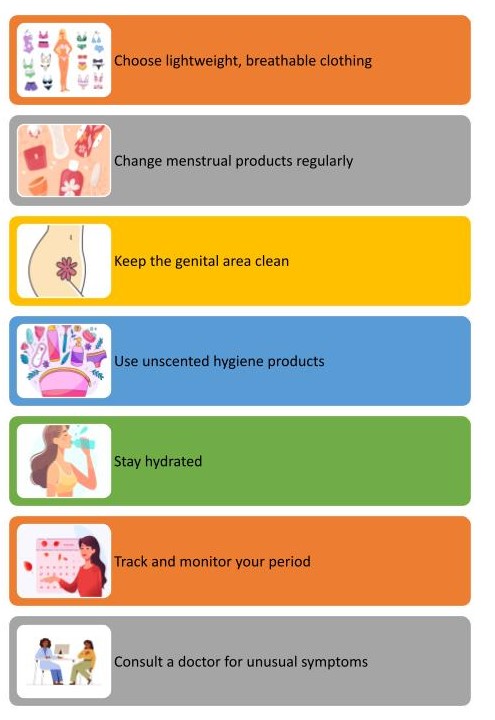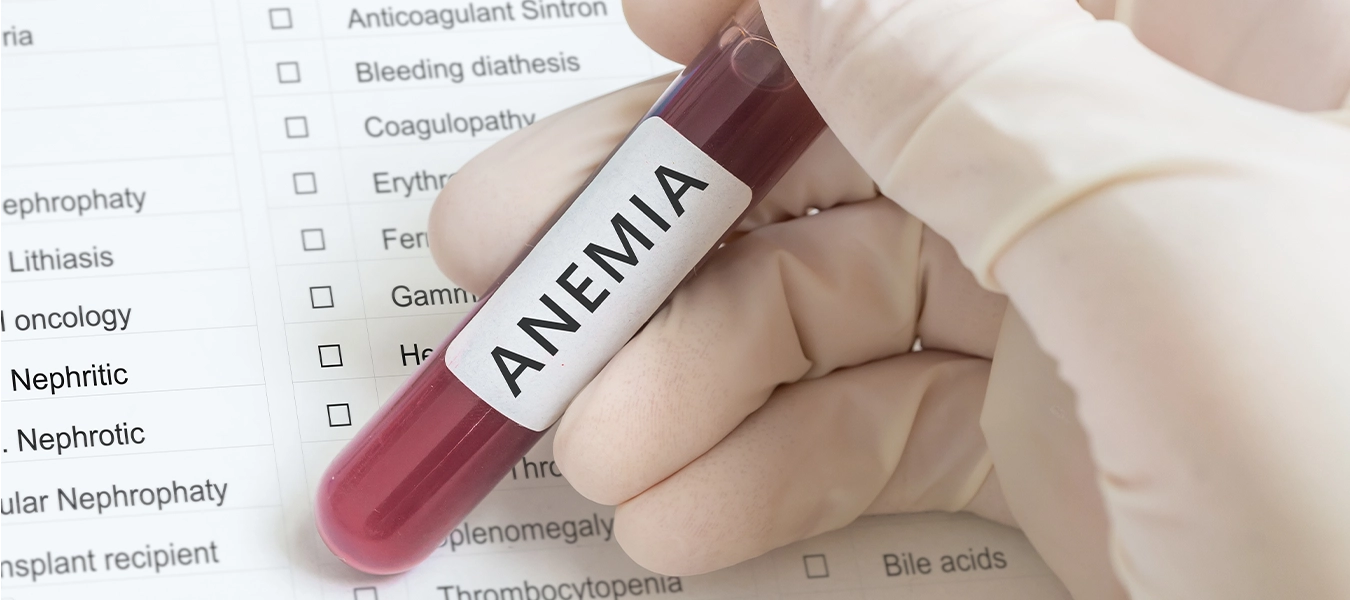Anemia affects millions of people worldwide, but women are particularly vulnerable due to several unique biological and lifestyle factors. Understanding these risks can help women take proactive steps to prevent and manage anemia effectively.1
- Menstruation:
Regular menstrual cycles can result in significant blood loss, especially for women with heavy periods. This recurring loss of iron can lead to iron deficiency anemia if the lost nutrients aren’t adequately replaced through diet or supplements.1-3 - Pregnancy:
During pregnancy, a woman’s blood volume increases to support the growing baby, which significantly raises iron requirements. Without proper supplementation, this increased demand can lead to anemia. Pregnant women are also at risk of folate and vitamin B12 deficiencies, which can impair red blood cell production.3 - Poor Diet:
Women often fall short of consuming iron-rich foods, particularly if they follow restrictive diets or avoid animal products. Additionally, diets low in vitamin B12, and folate increase the risk of anemia.3 - Chronic Conditions:
Women are more likely to develop certain autoimmune diseases, such as rheumatoid arthritis and lupus, which suppress red blood cell production and contribute to anemia. Conditions like hypothyroidism and inflammatory bowel disease also play a role in increasing the risk.2,3 - Postpartum Recovery:
The period after childbirth can also leave women vulnerable to anemia, especially if there was significant blood loss during delivery.1
Reference:
- Anaemia, Available at: https://www.who.int/news-room/fact-sheets/detail/anaemia, last accessed on 16th December 2024.
- Am I at Risk for Anemia? Available at: https://www.hematology.org/education/patients/anemia, last accessed on 16th December 2024.
- Anemia, available at: https://www.mayoclinic.org/diseases-conditions/anemia/symptoms-causes/syc-20351360, last accessed on 16th December 2024.
Period Hygiene Hacks Every Woman Should Know

Reference:
Healthy Habits: Menstrual Hygiene, available at: https://www.cdc.gov/hygiene/about/menstrual-hygiene.html, last accessed on 16th December 2024.


